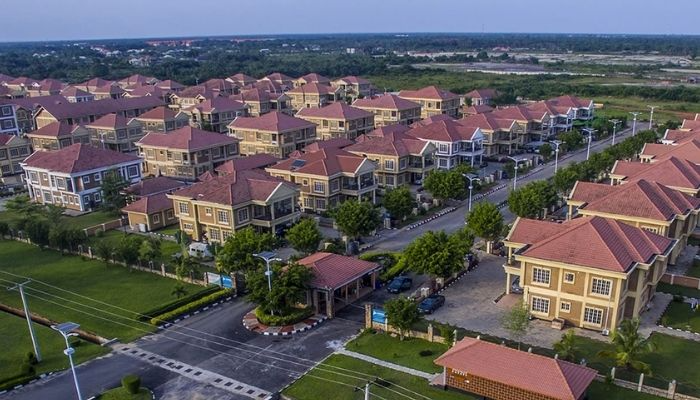Though the real estate industry was not immune to Nigeria’s severe economic climate, industry players have anticipated stability in the coming year.
The experts who voiced this great optimism at the West African Property Investment, (WAPI) summit, organised by African Property Investment (API) in Lagos, also demanded cooperation between the government and members of the building industry, as efforts to alleviate Nigeria’s housing shortage.
The projects and city reports lead at Estate Intel, Mr Oladapo Runsew, in an interview with LEADERSHIP, affirmed that 2024 is going to be a balanced year for the industry. “I think in 2024, things might ease up a bit because if we look at the statistics from the Nigerian Bureau of Statistics, (NBS), the real construction sector contribution to GDP actually increased in the last quarter.
“So, if we just continue on that positive path, I can foresee that we are going to have a balanced positive effect on the market.
“I would say it is going to be positive and there is nothing pointing that it is going to be negative because construction must go on, development must go on regardless. People need houses to stay, investors need real estate to invest in. So it is going to be balanced, but there must be collaboration between construction industry players and the government to move the sector forward” Runsew averred.
The chief executive officer, Dutum Company Ltd, Mr Temitope Runsewe, lamented the high rate of inflation which has negatively impacted the real estate sector, while recommending that, “Methods such as pre-paying for materials, managing projects efficiently, and hiring the right contractors can help mitigate the impact of inflation.”
The head, Real Estate Finance, Stanbic IBTC, Mr Tola Akinhanmi applauded the resilience of the sector despite the economic challenges, adding that, “As of today, I think the real estate sector has remained resilient. It is an industry that has been impacted by the macroeconomic environment. We all know how the economy has evolved this year, with inflation rising, with exchange rate volatility, with interest rates as well, which is quite key to how these assets are funded, and how that has also risen.
“But our perspective is that, firstly, the assets class is long term. It provides much needed business infrastructure to support people’s businesses, how people live, how people work and how people play. So, given that long term nature of the asset class, it is expected to be resilient through different economic cycles. So what we do at Stanbic IBTC Bank is working with our sponsors, understanding the assets, and structuring those solutions that allow the assets to stabilize and continue to be relevant in providing basic infrastructure and ensuring that.”
Akinhanmi, however, said that the government could play a role in creating access to land and investing in infrastructure to support real estate development, while noting that, “Land availability and infrastructure expansion are key factors in reducing the housing deficit and opening up new areas for development.”











